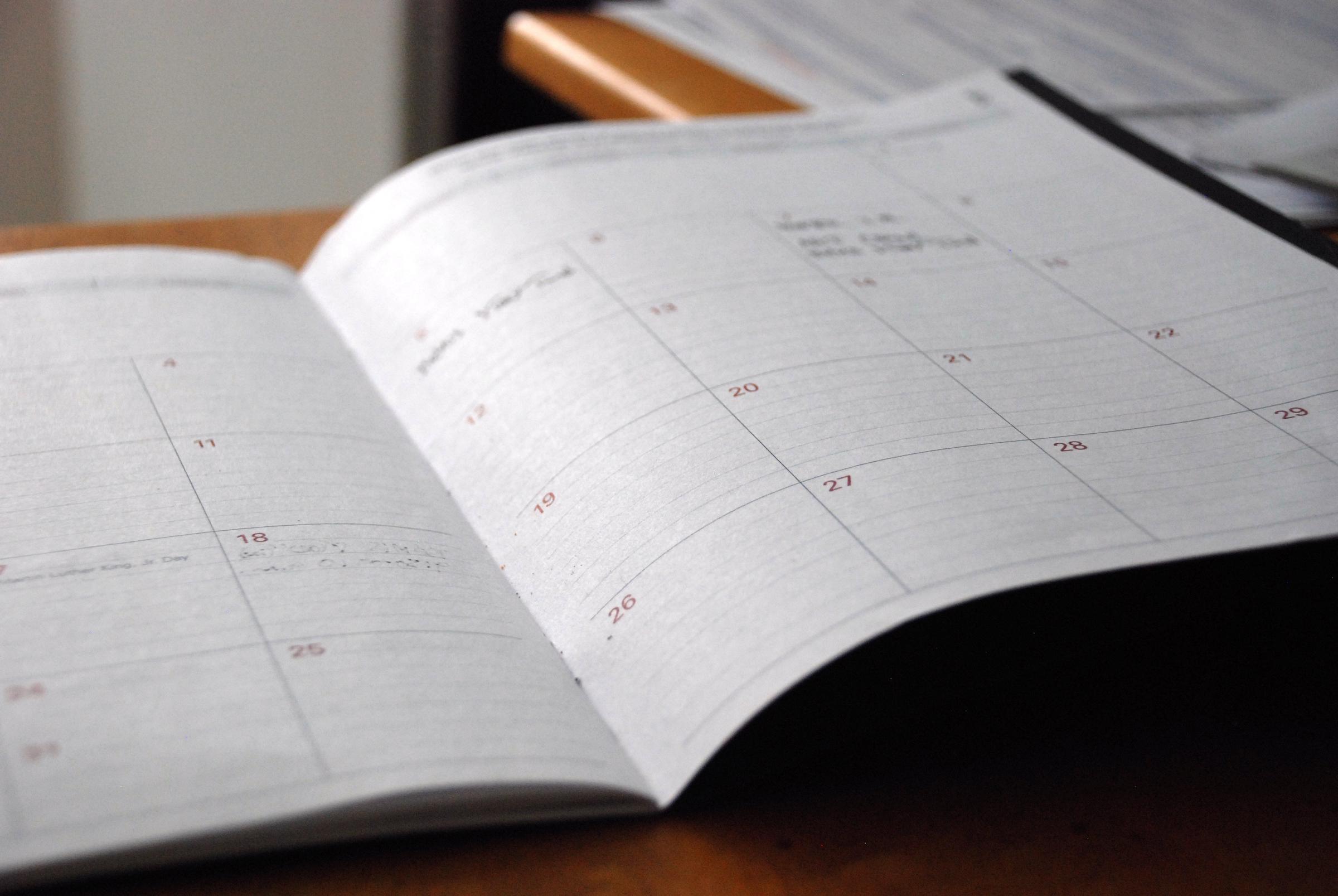Deputy Principal's Report

Exam Preparation
Our Year 12 VCE students, having just Graduated, are now preparing for the intense revision that lies ahead of them.
The period between now and when they sit the VCAA examinations is crucial to a successful result and needs to be managed effectively. This management includes a focus on ‘quality study’ rather than just quantity. The Trial Exams should be a good indicator for students to recognize areas of strength and areas for improvement. Students need to plan for their study and create a timetable starting with from now, and continuing to the start of their last examination. Managing stress, and keeping the perspective that the VCE examinations are only one step along their life and career journey, is vital for all students. At home students need to have a harmonious study environment, and here the whole family can assist. Students should not panic about the upcoming examinations, but rather commit to the VCE course that they have selected and prepare as best they can for the final examinations.
YEAR 12 2020 VCE/VCAL TRANSITION PROGRAM:
NOVEMBER 18 TO NOVEMBER 29 – ATTENDANCE IS COMPULSORY FOR ALL STUDENTS
The Transition Program is an integral component to the successful commencement of Year 12. The College is determined to provide the best possible start for our students in this vital final year of their secondary education. As such, it is compulsory for all current Year 11 students who are returning to study at the College to attend all classes during this program. The program takes place from Monday 18 November to Friday 29 November. During this time teachers will commence the delivery of learning programs as part of Year 12 studies in VCAL, VCE and VET.
Students will experience a robust introduction to the course content in each of their units of study. All staff will commence teaching the Year 12 course material for their subject areas. Homework will be set and checked in the follow-up session within this transition period.
Specific study and work requirements to be completed upon return to the 2020 school year will also be set.
It is important that all families at the College are familiar with the Student Attendance, Achievement and Promotion Policy. One aspect of this policy is that students must attend all classes at the College, with unapproved absences not exceeding more than two hundred and fifty minutes of class time for each specific subject within a semester of study. Students exceeding this amount of unapproved absence within a given subject will receive an N result for the specific unit due to not fulfilling the attendance requirements. As we commence semester one studies at the College during the transition period, any absences accrued during this time will count towards absence totals in semester one in 2020. As such, students who are absent during this period must contact the College and provide a medical certificate for the absence to be approved. As these students will have fallen behind their fellow students, they are responsible for collecting any work they have missed and for the completion of the holiday homework.
Please do not hesitate to contact the College if you would like any additional information about the Transition Program.
FOR STUDENTS: 11 Things That Will Help You Nail Your Next Exam
1. Begin studying as soon as possible! This helps you feel more prepared as exams approach, plus you’ll have more time to prepare and review what you need to know. If you really struggle with something you can discover this sooner and not stress at the last minute or cram the night before the exam in a panic.
2. Organise a study timetable and a study space Look at the time you’re spending when you are not at school, work or extracurricular activities, and then block out some study time on top of those commitments. Study should come second to your life admin and other essentials, you shouldn’t have to shut people or things out of your life to fit study in.
Having a dedicated space especially for study can make a huge difference to your productivity. This should be a place that is quiet and has few interruptions — hot tip: switch your phone off or leave it in another room to minimise distractions. Tell your parents and siblings that you are studying and ask for some peace and quiet.
3. Take breaks Treat yourself to something that has nothing to do with studying for exams. This can be to attend an extracurricular activity, exercise, or even watching an episode of your favourite show. This activity should relax you and take you away from the pressure of exams.
4. Sleep Sleep well, wind down before bed, don’t try to cram those last few pages of notes, don’t study under your duvet. Use your bed as a sanctuary, an exam free zone. Go to bed early, especially the night before your exam.
5. Use a study design/course outline Ask your teacher for a list of everything you have covered in the subject so far so you can check you have the correct notes. Colour code what you need to know in three colours
- Green – you are comfortable/understand these topics
- Yellow/Orange – you are unsure about this area of work
- Red/Pink – you understand this area very little or not at all (this is the content you should focus on)
7. Re-Write notes You should have the notes taken during class throughout the term so you have notes on all of the content you have learnt. Re-write notes in bullet point form as it makes them easier to understand and take in key information quickly and concisely.
Did you know most people need to reduce the number of words they use in their notes by 65%? You shouldn’t have to sift through paragraphs to get to what you need to know.
8. Use colour & images Highlighting, colour coding, and drawing diagrams and pictures helps your brain to remember the content. This is because most people can recall visual information much more quickly and easily. Don’t crowd the page, you want to leave some space so notes and images are still easy to ready.
9. Review notes Reread notes immediately after writing them. Look at them again 24 hours later. Review your notes one day a month. This helps you to remember what you’ve learnt.
10. Use practice papers Answering practice questions and completing practice exams is helpful as it gives you an example of things that will possibly be on the exam and the layout and style of questions that will probably be asked. Giving yourself a time limit also gives you hints on how you can use your time effectively in the actual exam. Getting them marked makes it obvious what areas you still need to study.
11. Stand out! This is crucial in an exam. Having a different or unique view on a topic or way of delivering the idea helps you to be memorable. This helps you seem more advanced and can even help you get better grades. You can do this by taking on deeper research and finding more things to read, plus unusual facts, quotes, arguments, ideas, etc.
Taking exams can be one of the most stressful parts of being at school. Don’t lose sight of the fact that you have a life outside of school and after exams. Everything might seem intense right now but exams won’t last forever.
—
If you’re feeling swamped and like you’re not coping with exams or school in general, there are services you can reach out to for more support. You might want to speak to your parents, teachers, or someone like our school counsellors. For additional support you can contact Beyond Blue (Ph: 1300 224 636) or Headspace (Ph: 1800 650 890), or Lifeline (Ph: 13 11 14).
Thanks to FYA (https://www.fya.org.au/2018/09/07/11-things-that-will-help-you-nail-your-next-exam/)
